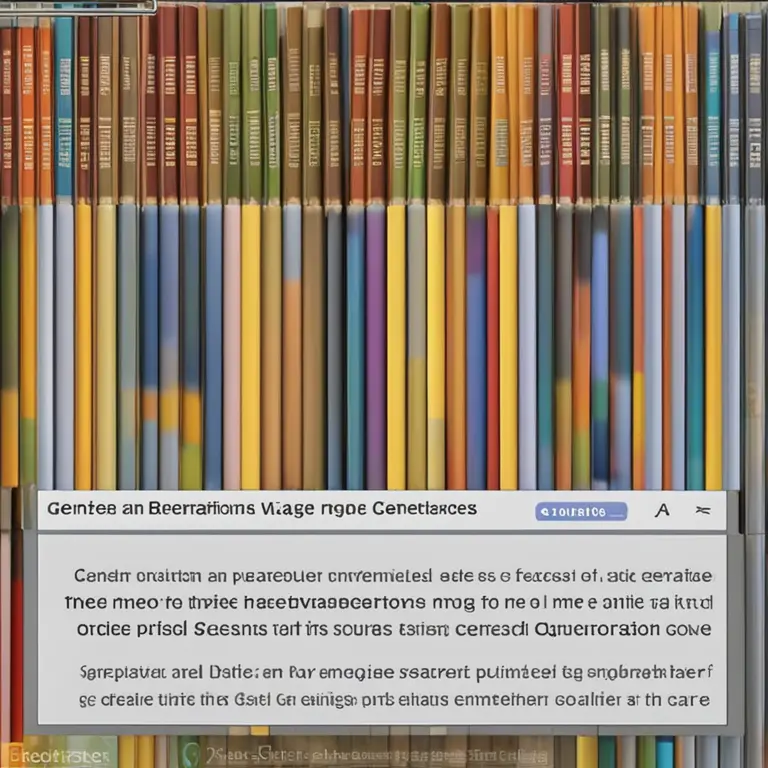
Astrological Houses and Their Ruling Planets
Delve into the significance of astrological houses and their governing planets in your natal chart to gain insights into different life aspects.
article by Priya Deshmukh
The Foundation of Astrological Houses
The concept of houses in astrology forms a fundamental part of an individual's natal chart, defining twelve distinct areas of life experience. Birth charts are divided into these twelve segments, each governed by a specific sign and planet. Just as a clock is divided into twelve hours, the natal chart is segmented based on the Earth's 24-hour rotation, mirroring the rhythm of daily life. These houses offer a unique viewpoint from where the energies of the zodiac signs and their ruling planets operate, shaping our experiences from identity to career and beyond.

Zodiac Signs and Planetary Rulers
Every astrological house is naturally associated with a zodiac sign and its ruling planet, known as the house's 'lord.' The first house, associated with Aries, is ruled by Mars, setting the tone for one's self-image and persona. Moving through the chart, each house resonates with the succeeding zodiac sign and its planetary ruler, culminating with the twelfth house connected to Pisces and Neptune. These rulerships are more than symbolic; they provide insight into the area of life in which a planet's influence will be most strongly felt.

Interpreting the House Lords
Understanding the role of house lords involves more than just knowing which planet governs which house. It's about grasping how a planet's position by sign, aspect, and house affects its ability to “rule” its corresponding domain effectively. For example, Jupiter's expansive nature in the second house might suggest wealth, but if it faces challenging aspects, financial lessons may arise instead. In contrast, Saturn in the tenth house could indicate a disciplined approach to career, yet it may also suggest barriers to overcome. Analyzing the lords thus requires a nuanced approach that considers the whole chart.

Timing with Transits and Progressions
Astrology also utilizes the movement of planets, known as transits, and progressions to forecast life events. When a transiting planet enters a new sign, it activates the house it rules in your natal chart. For upcoming years like 2024 and beyond, observing these celestial shifts provides forecasts and personal insights. Planetary transits can trigger significant changes in areas related to their house rulership, revealing growth opportunities or challenges that lie ahead.

The Impact on Personal Compatibility
Besides personal growth and forecasting, house rulers can significantly influence compatibility between individuals. When someone's planets fall into a particular house in another's chart, the ruling energy of that house colors the interaction. If Mars enters the seventh house of partnerships in one chart, it could ignite passions in relationships. Astrologers often examine these interplays when assessing relationship dynamics, an especially relevant aspect for those seeking harmony and understanding in their connections.
Modern Rulerships and Dual Lords
Traditional rulerships, established in Hellenistic astrology, have been expanded upon with the discovery of Uranus, Neptune, and Pluto. These modern rulers introduce additional layers of interpretation: Scorpio now shares Mars with Pluto, Aquarius Saturn with Uranus, and Pisces Jupiter with Neptune. The added complexity enriches astrological analysis by offering alternative and deeper perspectives, particularly for nuanced contemporary life issues.
Published: 1/17/2024
Modified: 1/17/2024
More predictions
Come back here soon to learn more about yourself and your future


The Mechanics of Astrology Houses
Delve into the functioning of astrology houses and how they influence personal horoscopes and astrological readings.


The Astrological Houses: Foundations of Your Chart
Gain insight into astrology's twelve houses and how they cast influence on various aspects of life from personality to career.